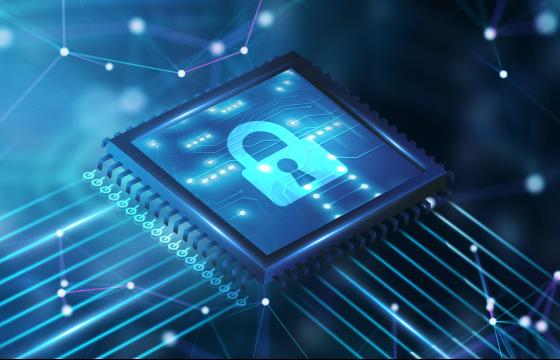
Find out why we have developed a security-first strategy, and why the recent ISO accreditation awards we have achieved are so important
Whether it’s to improve a device or to simply provide manufacturers with more data, IoT is redefining our world. Connected devices are recording and transferring data to monitor processes, generate new insights, boost efficiencies, and enable companies of all different shapes and sizes to make more informed decisions.
But in this increasingly interconnected world where processes are digitalized and back-office systems opened for previously unimagined purposes, the question for any digitally transforming organisation is: how can we protect ourselves when one device is only as secure as the device to which it is connected?
The first step is for these organisations to realise that they are no longer operating in isolation. They are part of complex digital ecosystems that are evolving at an incredible pace, sometimes in near-real-time. This means that they also depend on the security of others.
Whether you’re a Fortune 500 company, a small business or a utility company, all businesses are vulnerable to an attack. It’s therefore critical to develop a security-first strategy that arms you against the known threats, so that you are more prepared for the unknown.
Developing a security-first strategy
Security doesn’t just avoid risks. It creates confidence, as it can enable safer ways of doing things such as secure mobility, seamless operations across partner ecosystems, new data-driven business models with the economy of data and more. Studies have shown how a small difference in customer trust can translate into as much as a 20 percent increase in sales for online retailers. It’s the same in all other sectors. Trust is a door opener.
From a product development standpoint, a successful security-first strategy means implementing security into the design of a product from the very beginning so that the highest possible security standards are adhered to through the product development lifecycle. For organisations going through a digital transformation and adopting this technology, a security-first strategy inspires trust in their own operations, partners in the supply chain, and, most importantly, from their customers.
At IMS Evolve, we deploy a security-first approach for new DevOps processes for our customers and have identified three golden rules on business-driven security:
1) Put security at the heart of your digital transformation strategy
2) Think about the ecosystem, and
3) Always put customer trust first.
For our customers who are reliant on digital technologies to support one of the most sophisticated global supply chains there is – the cold chain – they can trust that security is embedded into everything we do.
To that end, IMS Evolve is delighted to have achieved accreditation from the International Organization for Standardization (ISO) for certification of Privacy Information Management Systems (PIMS) in accordance with ISO 27701, the highest possible benchmark that organisations need to maintain for both information security and privacy-related risks. Additional accreditation has been achieved including BS 10012 for Personal Information Management, and ISO/IEC 27017 for Cloud Security.
As global supply chains continue to go digital, it is vital that the technology underpinning them is secure from modern threats. For any digital organisation, IoT security should be at the core of their digital strategy so that they not only avoid risks, but also create trust amongst the customers that rely on their technology.